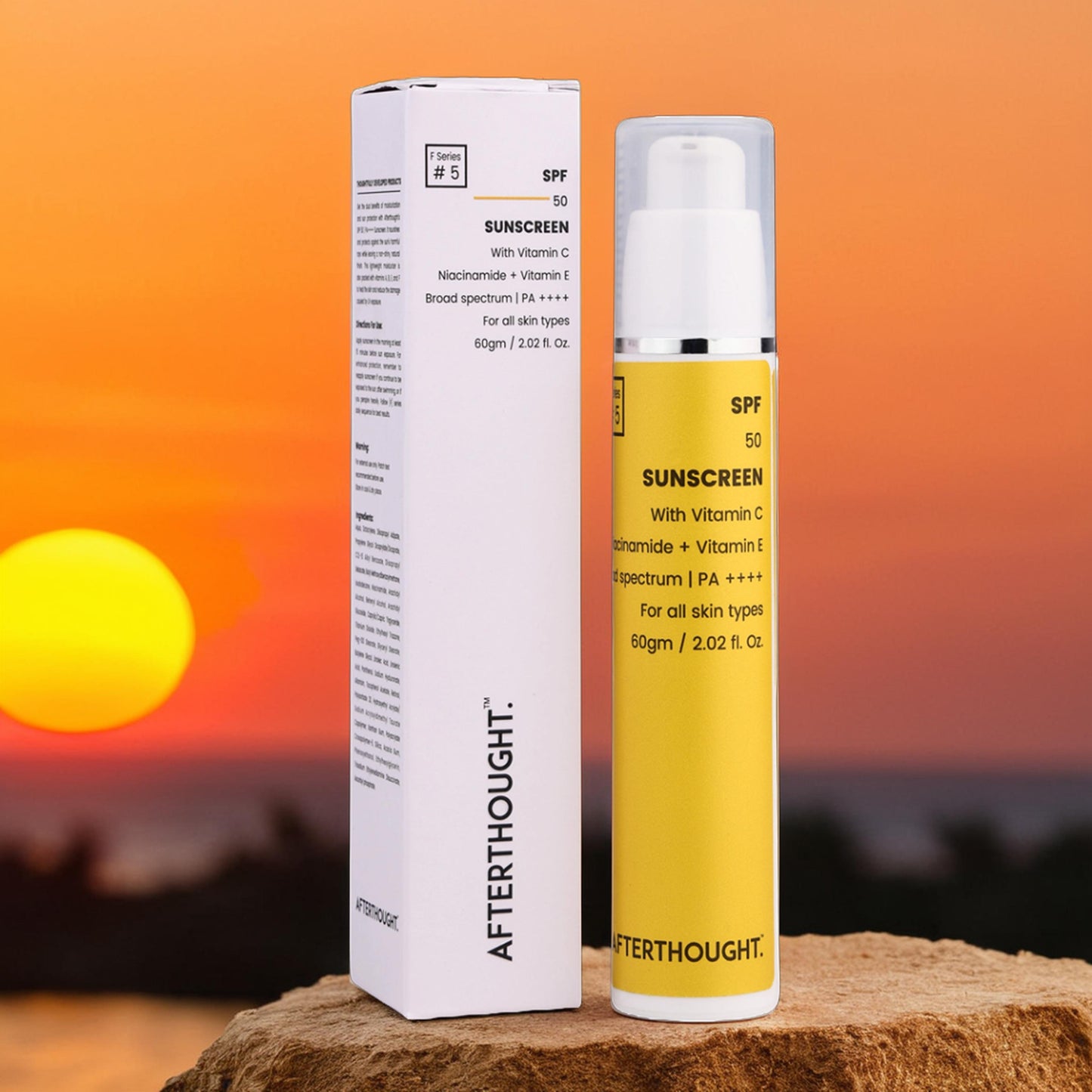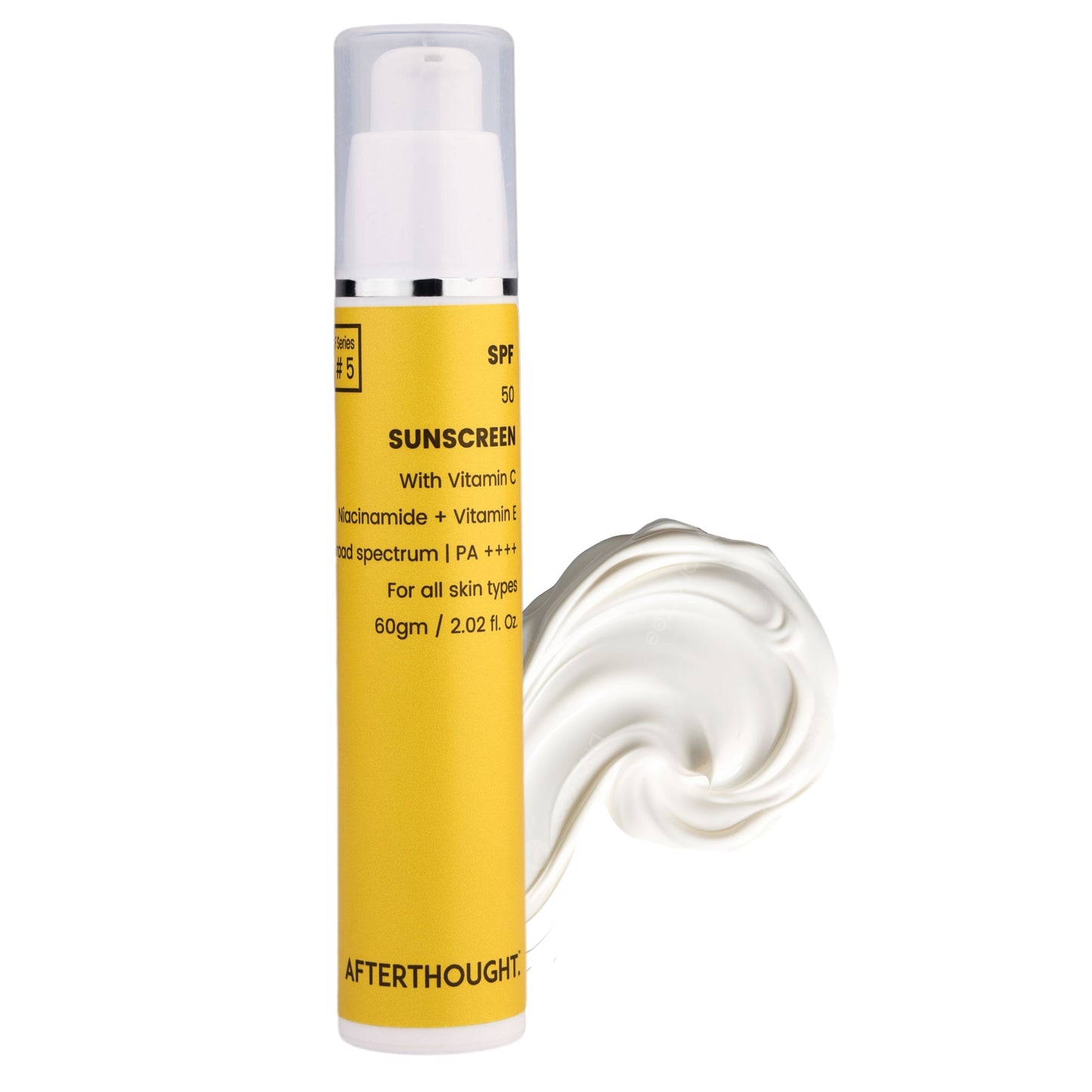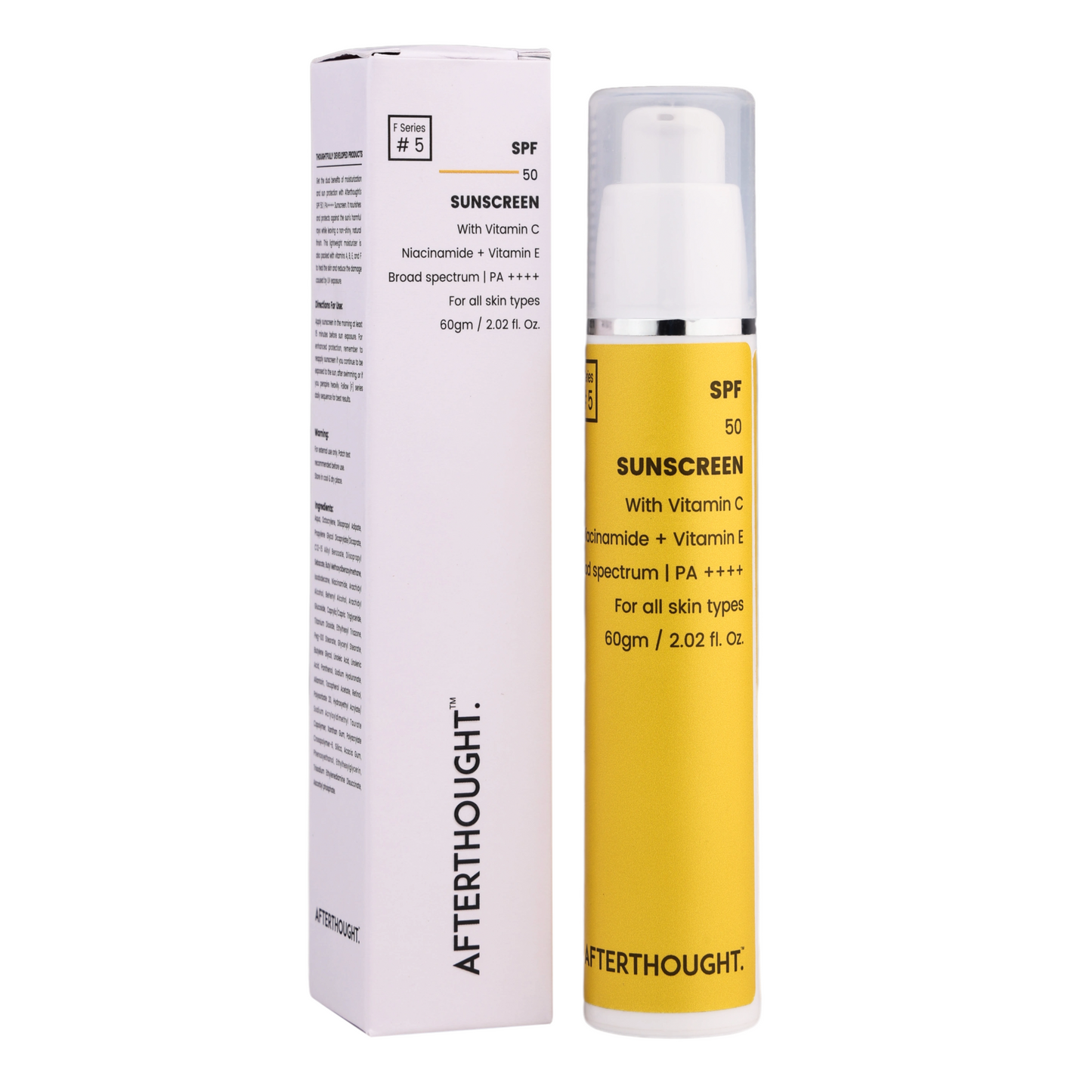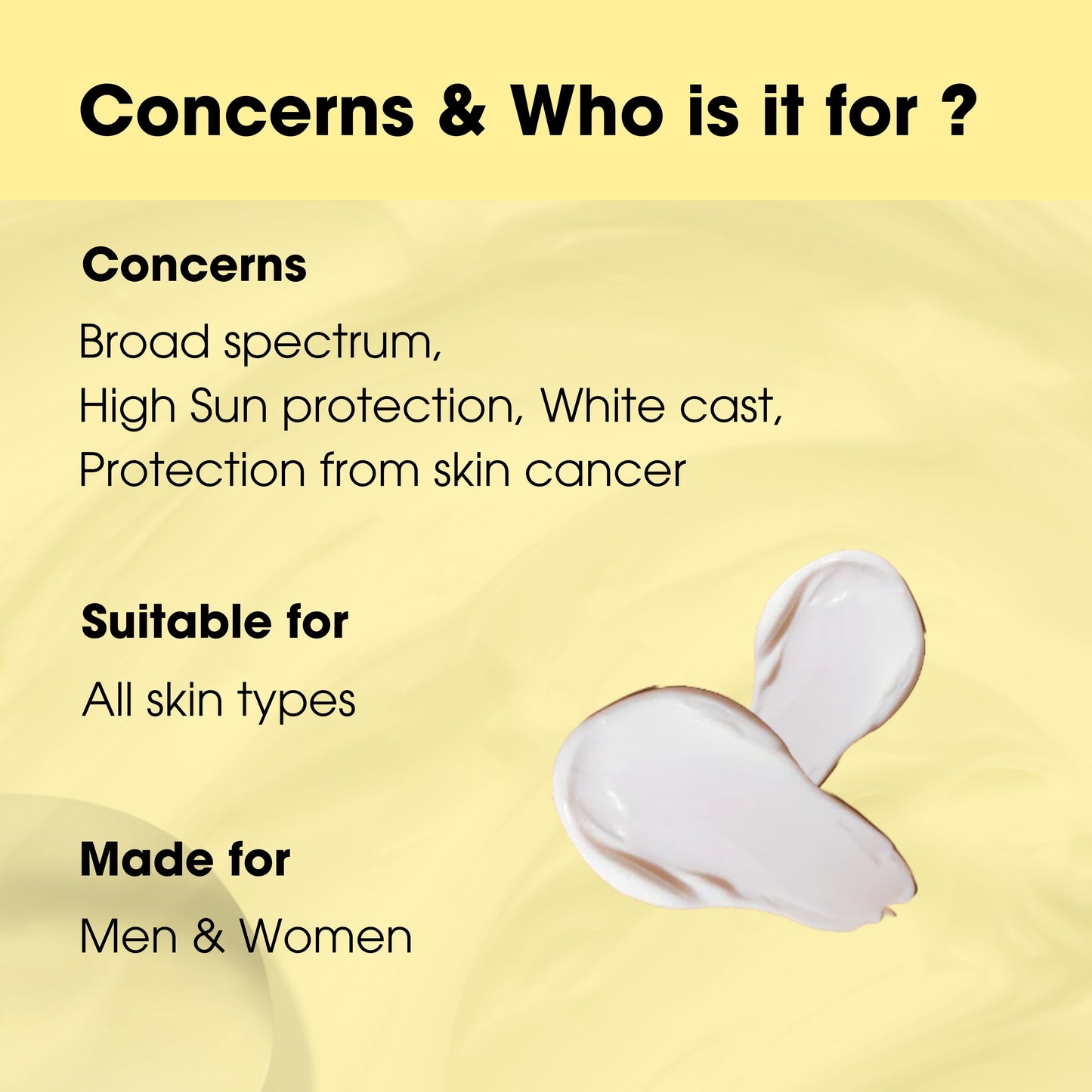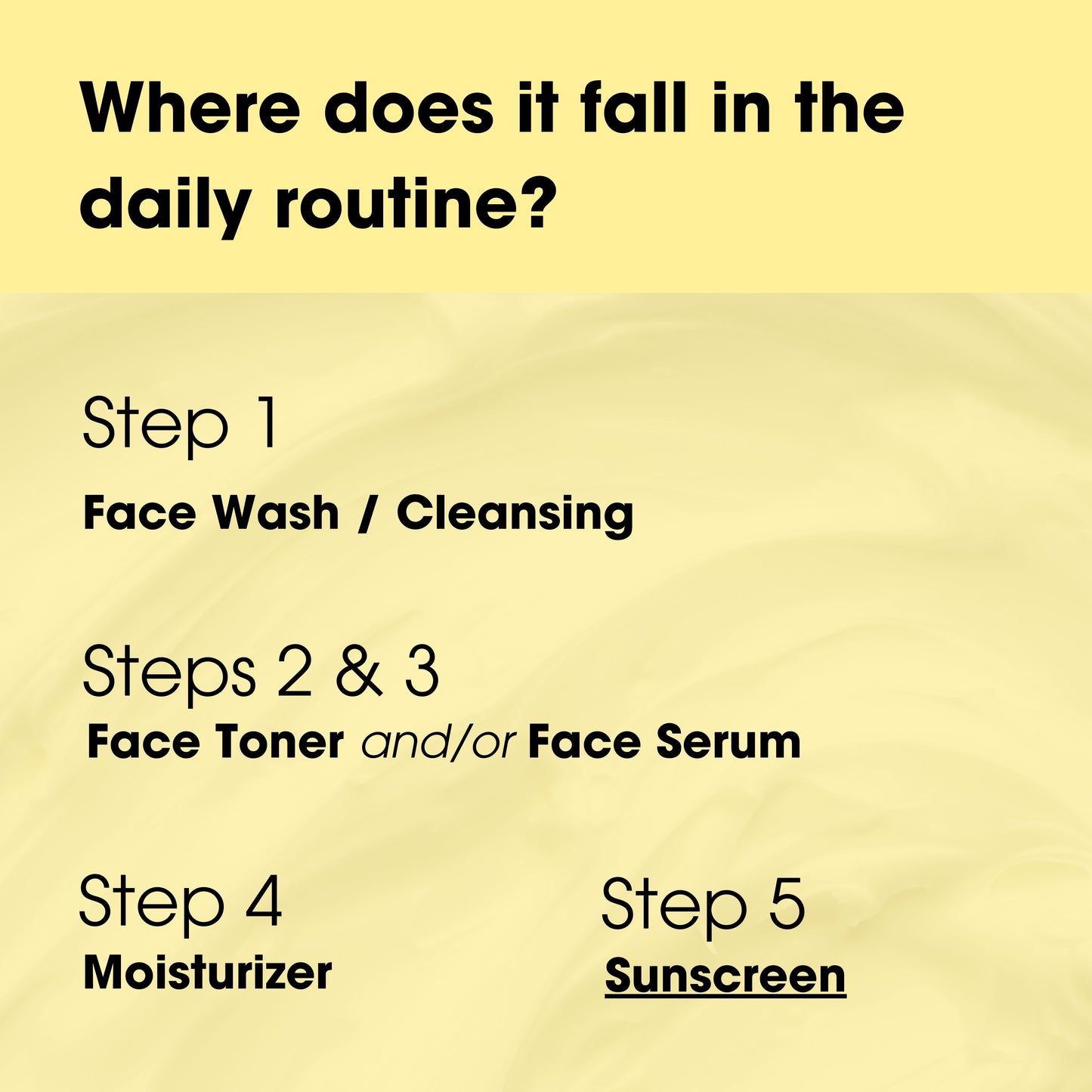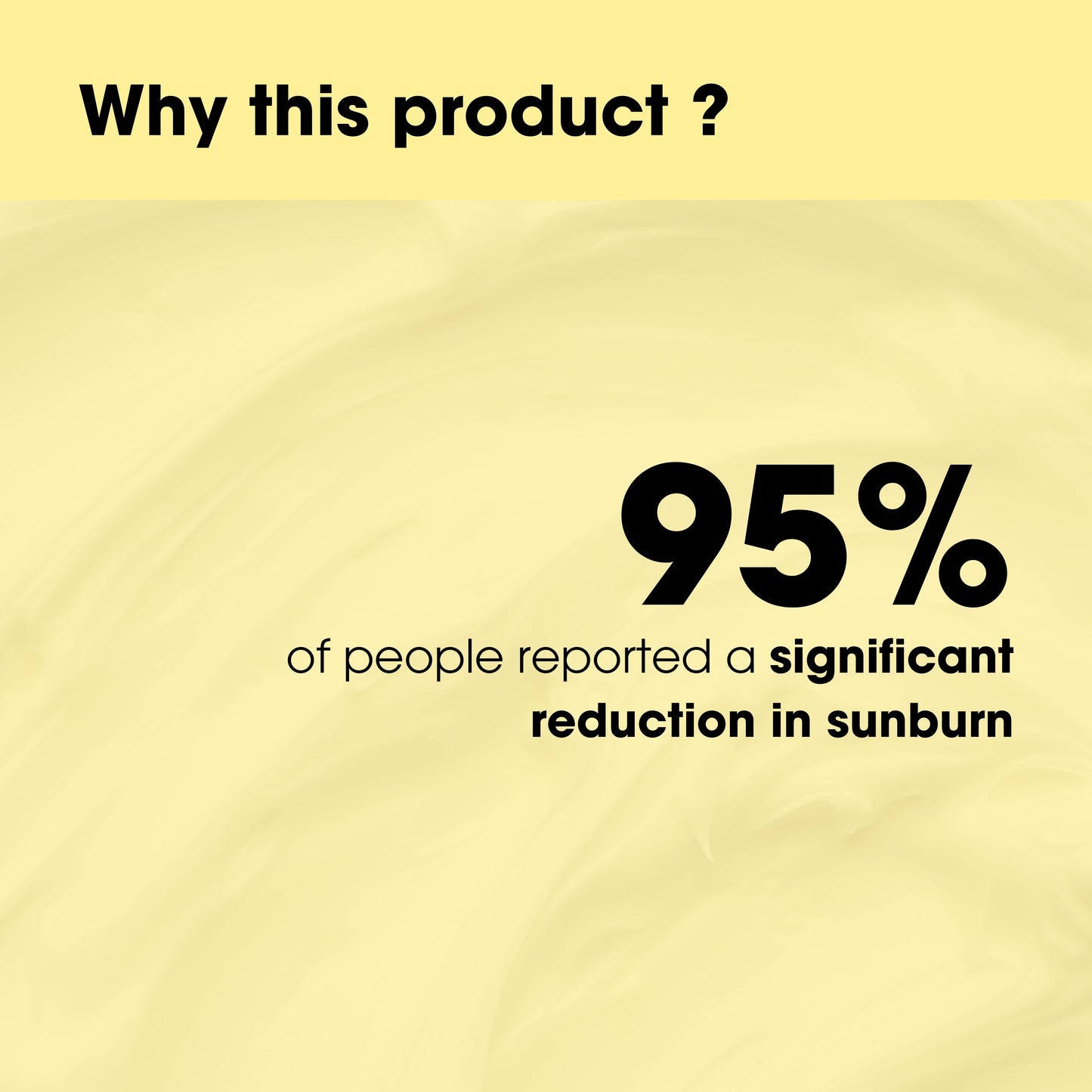Is Matte Sunscreen Good For Oily Skin?
Finding the right skincare products for oily skin can be a daunting task. One of the trickiest yet essential products to choose is sunscreen. Welcome to Afterthought.
With its potential to leave a greasy residue or cause breakouts, many people with oily skin often skip sunscreen altogether. However, not using sunscreen can lead to significant damage from UV rays, including premature aging, hyperpigmentation, and an increased risk of skin cancer.
So, what’s the solution? Enter matte sunscreen—a game-changer for those with oily and combination skin types. But what makes matte sunscreen so effective for oily skin? Let’s break it down.
Understanding the Struggle of Oily Skin
Before diving into why matte sunscreen is beneficial, it’s important to understand the challenges that oily skin faces. People with oily skin often deal with the following issues:
- Excess Sebum Production: Oily skin produces more sebum than normal skin, leading to a shiny complexion, especially in areas like the T-zone (forehead, nose, and chin).
- Enlarged Pores: Excess oil can clog pores, making them appear larger and leading to blackheads, whiteheads, and acne breakouts.
- Shine Throughout the Day: As the day progresses, oily skin often becomes shinier, making it difficult to maintain a fresh, matte look.
What is Matte Sunscreen?
Matte sunscreen is designed to provide the necessary sun protection without adding any extra shine or grease to your skin. Typically, these sunscreens have a lightweight, oil-free formulation that leaves a matte finish, making them ideal for oily and acne-prone skin types.
Why Matte Sunscreen Works Best for Oily Skin
1. Oil Control Properties: Matte sunscreens often contain oil-absorbing ingredients like silica, kaolin clay, or microsponges that help control excess sebum production. These ingredients work by soaking up the oil on your skin, preventing it from looking greasy and shiny throughout the day.
2. Lightweight and Non-Greasy Texture: One of the biggest complaints about traditional sunscreens is their heavy, greasy feel. Matte sunscreens, on the other hand, are lightweight and non-comedogenic, meaning they won’t clog your pores. This feature is crucial for people with oily skin who are prone to breakouts.
3. Smooth, Matte Finish: As the name suggests, matte sunscreens are formulated to provide a shine-free finish, which is perfect for oily skin. The mattifying effect helps to reduce the appearance of oily patches, making your skin look fresh and smooth.
4. Breathable Formulation: A lot of matte sunscreens are made with breathable formulas that allow your skin to "breathe" instead of trapping heat and oil. This is especially helpful for acne-prone skin, as heavy, suffocating products can aggravate breakouts.
5. Blurring Imperfections: Some matte sunscreens even have blurring properties, which help to minimize the appearance of pores and fine lines. This is an added bonus for people with oily skin, as it provides a smooth base for makeup application or even a polished look without makeup.
Key Ingredients to Look For in Matte Sunscreens
When choosing a matte sunscreen for oily skin, it's essential to be mindful of the ingredients. Here are some to look out for:
- Zinc Oxide and Titanium Dioxide: These mineral-based sunscreen ingredients provide broad-spectrum protection from UVA and UVB rays while also being less likely to clog pores. They are often found in physical sunscreens, which are less greasy than chemical sunscreens.
- Niacinamide (Vitamin B3): Niacinamide is known for its anti-inflammatory properties and ability to regulate sebum production. It’s a great ingredient for controlling oil while also providing other skincare benefits like reducing redness and strengthening the skin barrier.
- Silica or Kaolin Clay: These ingredients help to absorb excess oil, giving your skin that coveted matte finish. They are excellent for keeping your skin shine-free without making it feel dry or tight.
- Non-Comedogenic Oils: Some matte sunscreens may contain non-comedogenic oils like squalane, which hydrate the skin without clogging pores or adding excess shine. This helps in balancing the skin’s moisture levels while keeping it oil-free.
How to Apply Matte Sunscreen for Oily Skin
Using matte sunscreen effectively involves more than just slapping it on. Here are some tips to ensure you get the best results:
- Apply After Your Moisturizer: If you have oily skin, you might be tempted to skip moisturizer, but this can actually make your skin produce more oil. Use a lightweight, oil-free moisturizer and then apply your matte sunscreen on top.
- Use the Right Amount: Don’t skimp on sunscreen—use about a nickel-sized amount for your face. If you don’t apply enough, you won’t get the full protection from the product.
- Reapply Throughout the Day: Sunscreen wears off, especially if you’re sweating or spending a lot of time outside. Reapply your matte sunscreen every two hours to maintain protection.
- Combine with Makeup if Needed: Many people with oily skin use matte sunscreen as a primer under their makeup. The mattifying effect helps to keep the makeup in place and prevents it from sliding off during the day. You can also find tinted matte sunscreens that offer light coverage, acting as both sunscreen and foundation.
Additional Benefits of Using Sunscreen for Oily Skin
1. Anti-Aging: Sunscreen is the most effective anti-aging product you can use. By protecting your skin from UV damage, you prevent premature wrinkles, fine lines, and sunspots.
2. Prevention of Hyperpigmentation: People with oily skin are often more prone to post-inflammatory hyperpigmentation (dark spots left after a breakout). Sunscreen helps prevent these spots from darkening due to sun exposure.
3. Acne-Friendly: As mentioned earlier, matte sunscreens are typically non-comedogenic, making them suitable for acne-prone skin. They won’t clog pores or contribute to breakouts.
Final Thoughts
If you have oily skin, matte sunscreen is your go-to product for sun protection without the unwanted shine.
By incorporating a good matte sunscreen into your skincare routine, you can control excess oil, prevent breakouts, and protect your skin from the damaging effects of UV rays—all while maintaining a fresh, matte finish.
So, don’t shy away from sunscreen—choose the right formula, and let your skin glow (but not shine) with health!
Also Read: Which SPF Sunscreen Is Best For Indian Skin?

